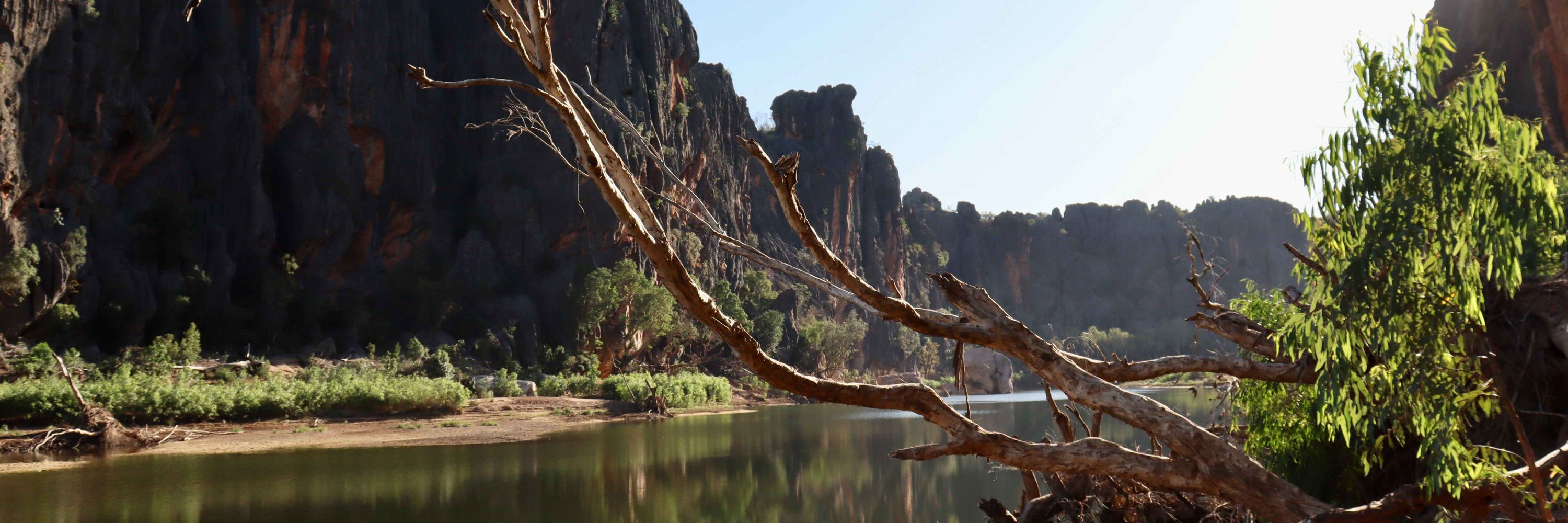

globalecologyflinders.com/opportunities/
🌏🧪 #academicsky #edusky
#traits #fish #evolution #ecology 🌏🧪

#traits #fish #evolution #ecology 🌏🧪
Our last paper, a collaborative effort with MELFU, @globecoflinders.bsky.social, and Koala Conservation Hub #conservation #genomics #koalas
🔗 doi.org/10.1111/mec....

Our last paper, a collaborative effort with MELFU, @globecoflinders.bsky.social, and Koala Conservation Hub #conservation #genomics #koalas
🔗 doi.org/10.1111/mec....
openknowledge.worldbank.org/server/api/c...
Good start, but they mention nothing about the fact that we are too many doi.org/10.2139/ssrn...

openknowledge.worldbank.org/server/api/c...
Good start, but they mention nothing about the fact that we are too many doi.org/10.2139/ssrn...
Many animals avoid contact with people. In protected areas of the African savanna, mammals flee more intensely upon hearing human conversations than when they hear lions or sounds associated with hunting. This fear of humans affects how species use and move in their habitat.…
Many animals avoid contact with people. In protected areas of the African savanna, mammals flee more intensely upon hearing human conversations than when they hear lions or sounds associated with hunting. This fear of humans affects how species use and move in their habitat.…
No evidence ageing or declining populations compromise socio-economic performance of countries
doi.org/10.48550/arX...
No evidence ageing or declining populations compromise socio-economic performance of countries
doi.org/10.48550/arX...
soundcloud.com/corey-bradsh...
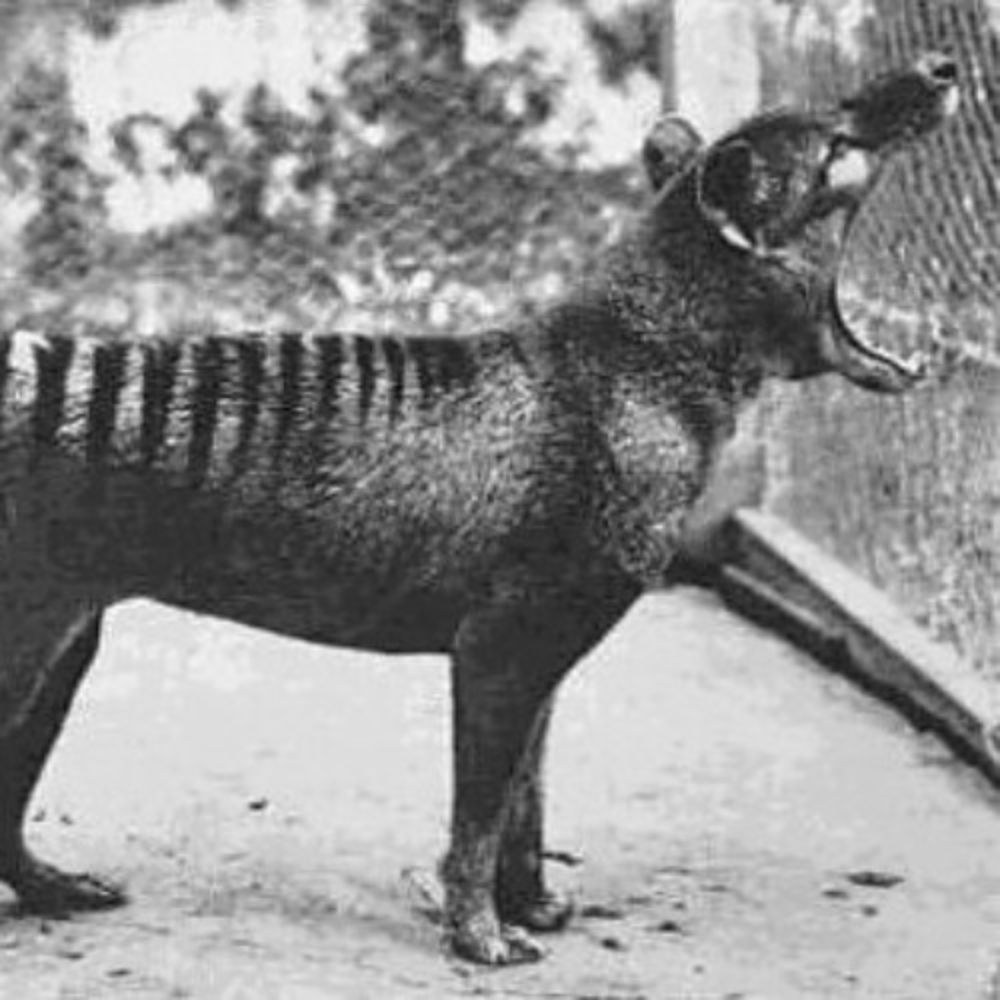
soundcloud.com/corey-bradsh...
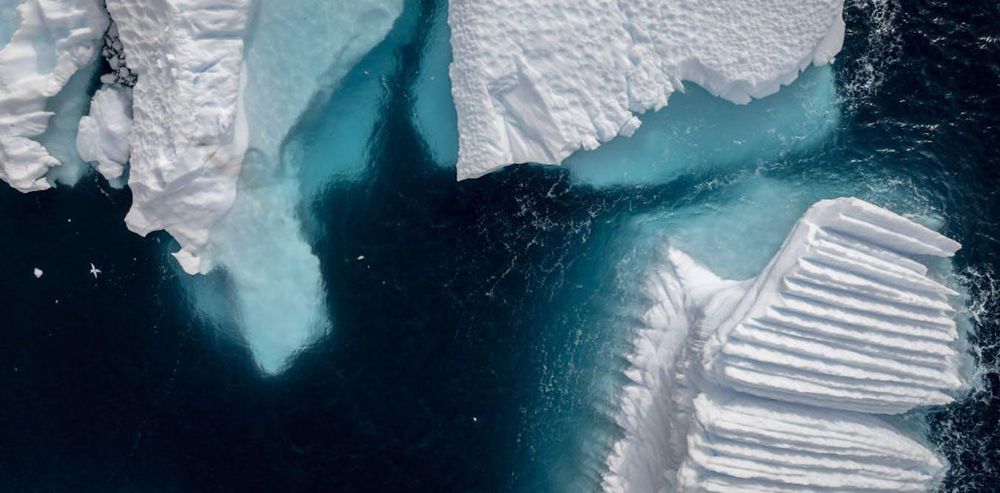
Sahul’s large-bodied animal #communities have drastically changed since the Late #Pleistocene.
#Mammals and #herbivores were the hardest hit, leading to major shifts in the structure and function of #ecosystems over time. @beamuts.bsky.social @globecoflinders.bsky.social
Trophic and taxonomic restructuring of Sahul's large-bodied animal community since the Late Pleistocene
www.researchgate.net/publication/...
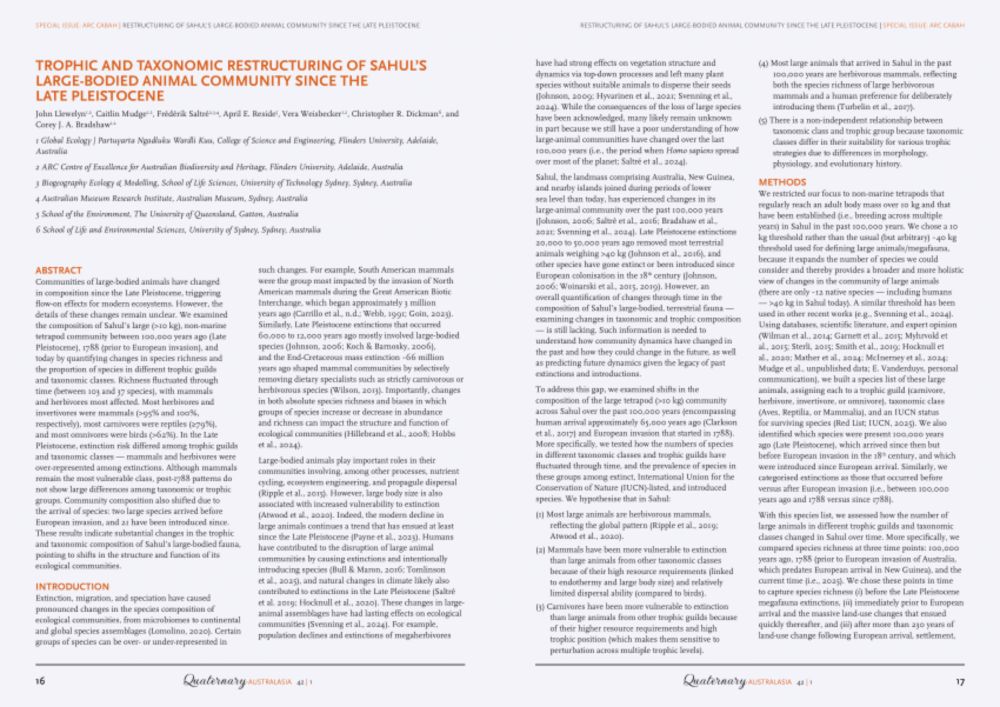
Sahul’s large-bodied animal #communities have drastically changed since the Late #Pleistocene.
#Mammals and #herbivores were the hardest hit, leading to major shifts in the structure and function of #ecosystems over time. @beamuts.bsky.social @globecoflinders.bsky.social
Trophic and taxonomic restructuring of Sahul's large-bodied animal community since the Late Pleistocene
www.researchgate.net/publication/...

Trophic and taxonomic restructuring of Sahul's large-bodied animal community since the Late Pleistocene
www.researchgate.net/publication/...
Professional #sport organisations as potential
champions of #biodiversity #conservation
doi.org/10.1002/fee....
Led by Ugo Arbieu of Uni Paris-Saclay
The Wild League www.thewildleague.org
Sport Ecology Group www.sportecology.org

Professional #sport organisations as potential
champions of #biodiversity #conservation
doi.org/10.1002/fee....
Led by Ugo Arbieu of Uni Paris-Saclay
The Wild League www.thewildleague.org
Sport Ecology Group www.sportecology.org
Deep-sea sharks include some of the longest-lived vertebrates known. The record holder is the Greenland shark, with a recently estimated maximum age of nearly 400 years. Their slow life cycle makes them vulnerable to fisheries. Humans rarely live longer than 100…

Deep-sea sharks include some of the longest-lived vertebrates known. The record holder is the Greenland shark, with a recently estimated maximum age of nearly 400 years. Their slow life cycle makes them vulnerable to fisheries. Humans rarely live longer than 100…

youtu.be/y68XO_huZdY?...

youtu.be/y68XO_huZdY?...
Procreating with a relative is taboo in most human societies for many reasons, but they all stem from avoiding one thing in particular — inbreeding increases the risk of genetic disorders that can seriously compromise a child's health, life prospects, and survival. While we…
Procreating with a relative is taboo in most human societies for many reasons, but they all stem from avoiding one thing in particular — inbreeding increases the risk of genetic disorders that can seriously compromise a child's health, life prospects, and survival. While we…
Ride that high all weekend long!
@flindersuniversity.bsky.social
Ride that high all weekend long!
@flindersuniversity.bsky.social
A guide for developing demo-genetic models to simulate genetic rescue
onlinelibrary.wiley.com/doi/10.1111/...
#GeneticRescue @fredsaltre.bsky.social

A guide for developing demo-genetic models to simulate genetic rescue
onlinelibrary.wiley.com/doi/10.1111/...
#GeneticRescue @fredsaltre.bsky.social
"Why end energy star? Many of the Trump Administration's proposed rollbacks of climate policies run counter to its own goals"
www.newyorker.com/news/the-led...

"Why end energy star? Many of the Trump Administration's proposed rollbacks of climate policies run counter to its own goals"
www.newyorker.com/news/the-led...
www.tedxsydney.com/tedxsydney20...
Should be equal parts fun, terrifying, stimulating, and challenging. Come say 'hi' if you are attending
www.tedxsydney.com/tedxsydney20...
Should be equal parts fun, terrifying, stimulating, and challenging. Come say 'hi' if you are attending
I used to think it was merely a post-COVID19 hiccough, but the extensive delays in receiving reviews for submitted manuscripts that I am seeing near constantly now are the symptoms of a much larger problem. That…

I used to think it was merely a post-COVID19 hiccough, but the extensive delays in receiving reviews for submitted manuscripts that I am seeing near constantly now are the symptoms of a much larger problem. That…
In boreal forests, many hares adopt white winter coats before the snow arrives. In a snowless landscape, these white hares lack camouflage against predators. However, their early moult from brown into white fur can increase their survival and offers an advantage as the snow…

In boreal forests, many hares adopt white winter coats before the snow arrives. In a snowless landscape, these white hares lack camouflage against predators. However, their early moult from brown into white fur can increase their survival and offers an advantage as the snow…
Typology of the ecological impacts of biological invasions 🌏🧪
www.cell.com/trends/ecolo...
led by @laiscarneiro03.bsky.social
@franckcourchamp.bsky.social
#invasivespecies #biologicalinvasions #ecologicalimpacts
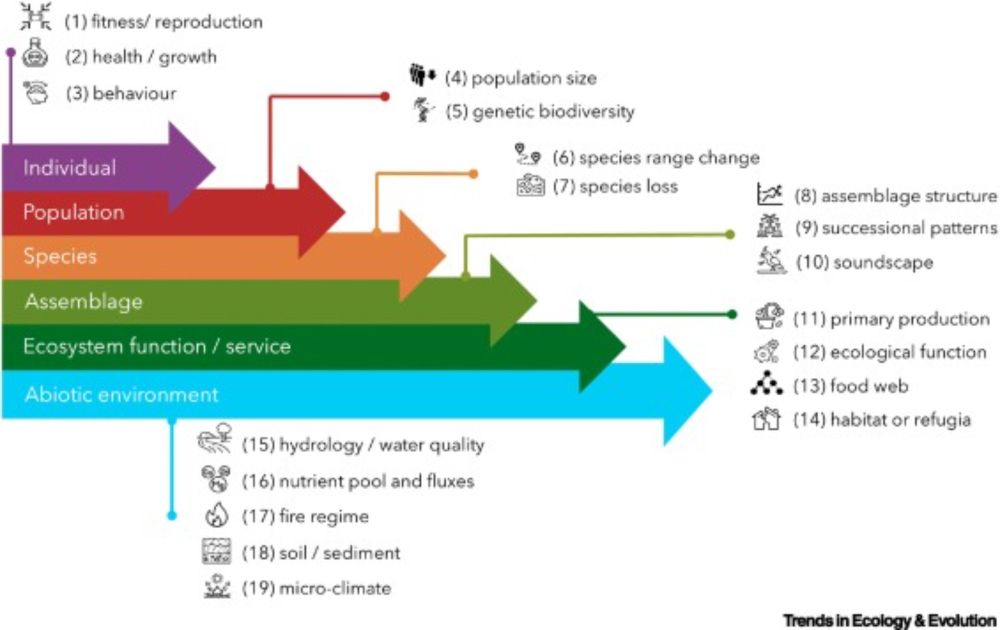
Typology of the ecological impacts of biological invasions 🌏🧪
www.cell.com/trends/ecolo...
led by @laiscarneiro03.bsky.social
@franckcourchamp.bsky.social
#invasivespecies #biologicalinvasions #ecologicalimpacts


